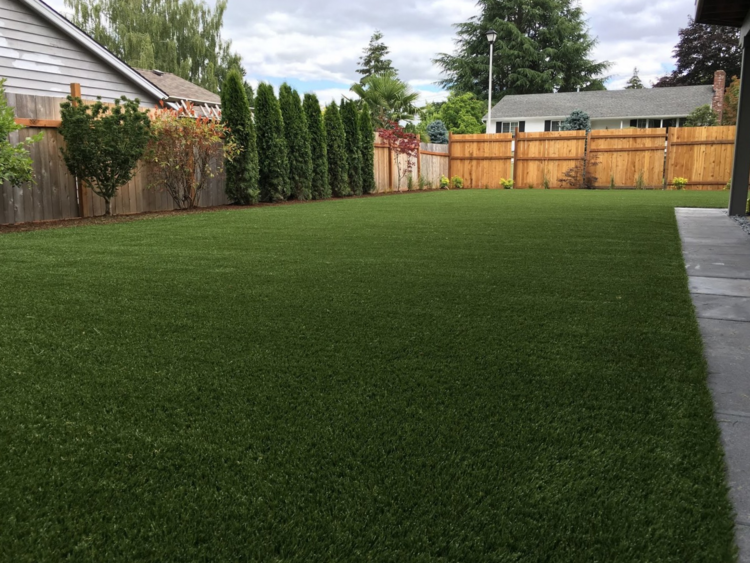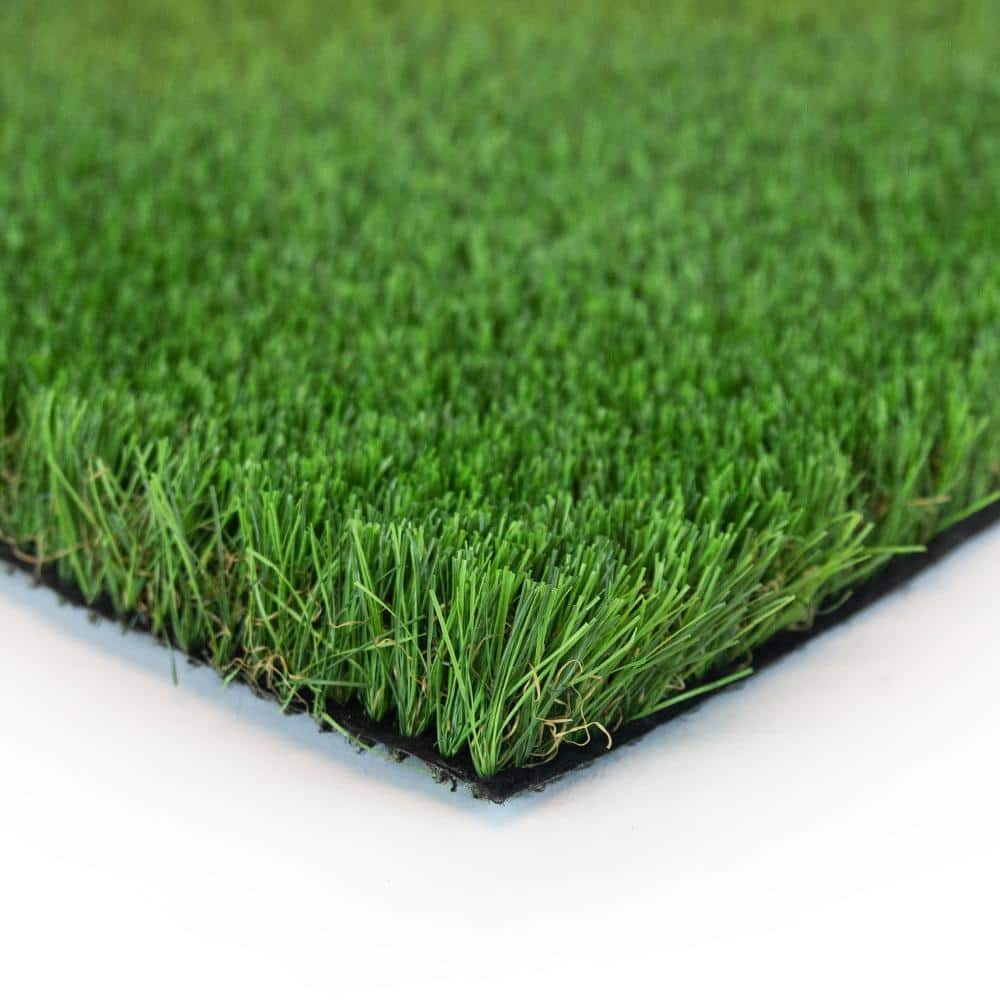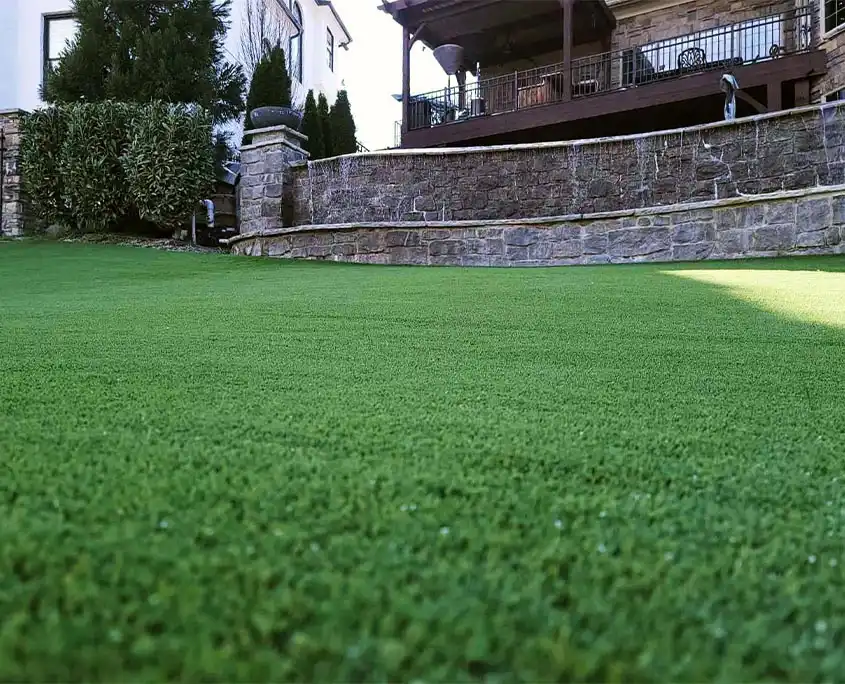Top Arizona Turf Providers Ensuring a Realistic Lawn Option
Top Arizona Turf Providers Ensuring a Realistic Lawn Option
Blog Article
Explore the Environmental Benefits of Opting for Synthetic Grass Solutions
The fostering of synthetic grass remedies provides a compelling possibility to attend to pressing ecological difficulties. By significantly lowering water usage and minimizing the application of dangerous chemicals, these alternatives not only promote lasting landscaping yet likewise safeguard neighborhood ecosystems. Moreover, the reduced carbon footprint related to decreased upkeep activities adds to an extra sustainable strategy to land administration. Nonetheless, the implications of these benefits expand beyond simple preservation efforts, increasing inquiries about their long-lasting influence on habitat conservation and total ecological balance. Exploring these dimensions discloses a complex interaction worth considering.
Water Conservation Advantages
One of the most significant benefits of fabricated grass is its capability to conserve water. In contrast, fabricated grass does not need watering, significantly reducing the total need for water resources.
By getting rid of the need for normal watering, synthetic grass adds to sustainable landscape techniques and assists reduce the ecological effect of excessive water intake. Moreover, the conservation of water encompasses the decrease of drainage, which can bring about dirt erosion and river air pollution.
In addition, the setup of synthetic lawn permits property owners and communities to allot water resources much more effectively, concentrating on important usages such as alcohol consumption water and farming. The shift towards synthetic lawn not just advertises responsible water usage however likewise straightens with broader environmental objectives targeted at protecting all-natural sources.
As neighborhoods significantly prioritize sustainability, the water conservation advantages of synthetic grass provide a compelling case for its fostering in domestic and commercial landscape design jobs.
Decreased Chemical Use
The transition to synthetic grass dramatically lowers the dependence on chemical treatments generally used in natural yard upkeep. Standard turf management normally includes the application of fertilizers, herbicides, and pesticides to advertise growth and control bugs. These chemicals can posture threats to human health, local wildlife, and the setting, adding to dirt and water contamination.
In contrast, artificial grass gets rid of the demand for these unsafe compounds. By minimizing the launch of synthetic substances into the ecological community, synthetic lawn advertises much healthier soil and water systems.
Additionally, the lack of chemical overflow related to artificial grass installments helps secure neighborhood waterways from contamination, sustaining aquatic life and preserving biodiversity. Artificial turf companies phoenix. As neighborhoods significantly prioritize sustainable techniques, going with artificial grass provides a sensible solution that aligns with environmental conservation goals. With this change, building owners can delight in rich environment-friendly rooms without compromising eco-friendly wellness, paving the method for an extra lasting future
Lower Carbon Footprint

Furthermore, the installment of man-made grass can cause substantial water preservation. All-natural lawns need substantial quantities of water for irrigation, which not only contributes more information to the carbon impact connected with water extraction and treatment yet additionally strains local water sources. In comparison, synthetic grass requires very little maintenance, needing no watering, consequently dramatically reducing water usage and its connected power prices.
In addition, the longevity of synthetic grass adds to its lower carbon influence. With a life-span of up to 15 years or more, the requirement for regular substitutes is diminished, resulting in much less waste and reduced energy usage in manufacturing and taking care of typical grass alternatives. Generally, synthetic grass provides a sustainable option for eco aware landscaping.
Habitat Conservation
Environment preservation is a crucial consideration in the debate over landscape design options, particularly when contrasting man-made grass to natural yard. Natural grass yards usually call for considerable maintenance, including using fertilizers, pesticides, and herbicides, which can adversely influence Home Page neighborhood ecological communities. These chemicals can leach right into the soil and rivers, harming indigenous plants and fauna and interfering with local environments.
Synthetic grass gets rid of the requirement for harmful chemicals, thereby safeguarding close-by wildlife and preserving the stability of surrounding environments. The setup of man-made grass can lead to the conversion of former turf areas into even more biodiverse landscapes, such as pollinator yards or indigenous plant locations, which can sustain regional wildlife.
Eventually, the shift to man-made grass not only saves water and decreases maintenance efforts yet also cultivates a more harmonious relationship between human activities and the native environment, promoting habitat preservation at the same time.
Long-Term Sustainability
Long-lasting sustainability is a vital consider assessing the advantages of synthetic grass over standard turf lawns. Among the most significant advantages of man-made turf is its sturdiness; it can last up to 15-20 years with marginal maintenance, whereas all-natural lawn requires constant reseeding and substitute. This longevity lowers the requirement for constant sources, such as water, plant foods, and pesticides, which are crucial for keeping a healthy yard lawn.
Additionally, fabricated grass adds to a decrease in carbon discharges linked with grass treatment devices. Conventional grass commonly require gas-powered lawn mowers, trimmers, and blowers, all of which contribute to air contamination. Phoenix turf companies. In comparison, synthetic grass eliminates the demand for such tools, Full Article advertising a cleaner setting
Additionally, the manufacturing of synthetic grass significantly makes use of recycled materials, boosting its sustainability profile. As suppliers embrace environmentally friendly techniques, the environmental footprint of artificial lawn continues to diminish.

Final Thought
The adoption of fabricated grass options provides significant ecological advantages, including significant water preservation, decreased reliance on harmful chemicals, and a reduced carbon impact. Synthetic lawn aids in protecting natural habitats by lessening land disturbance and advertising long-lasting sustainability through the usage of resilient products. Collectively, these variables underscore the possibility of synthetic grass to contribute favorably to environmental wellness and provide a sensible alternative to typical landscape design practices in a significantly resource-conscious world.
In comparison, synthetic lawn does not require watering, substantially reducing the general need for water resources. By reducing the release of artificial compounds right into the environment, artificial grass advertises healthier dirt and water systems.
In addition, the installation of man-made lawn can result in substantial water conservation. In contrast, man-made lawn needs minimal upkeep, needing no watering, consequently considerably minimizing water usage and its linked energy prices.

Report this page